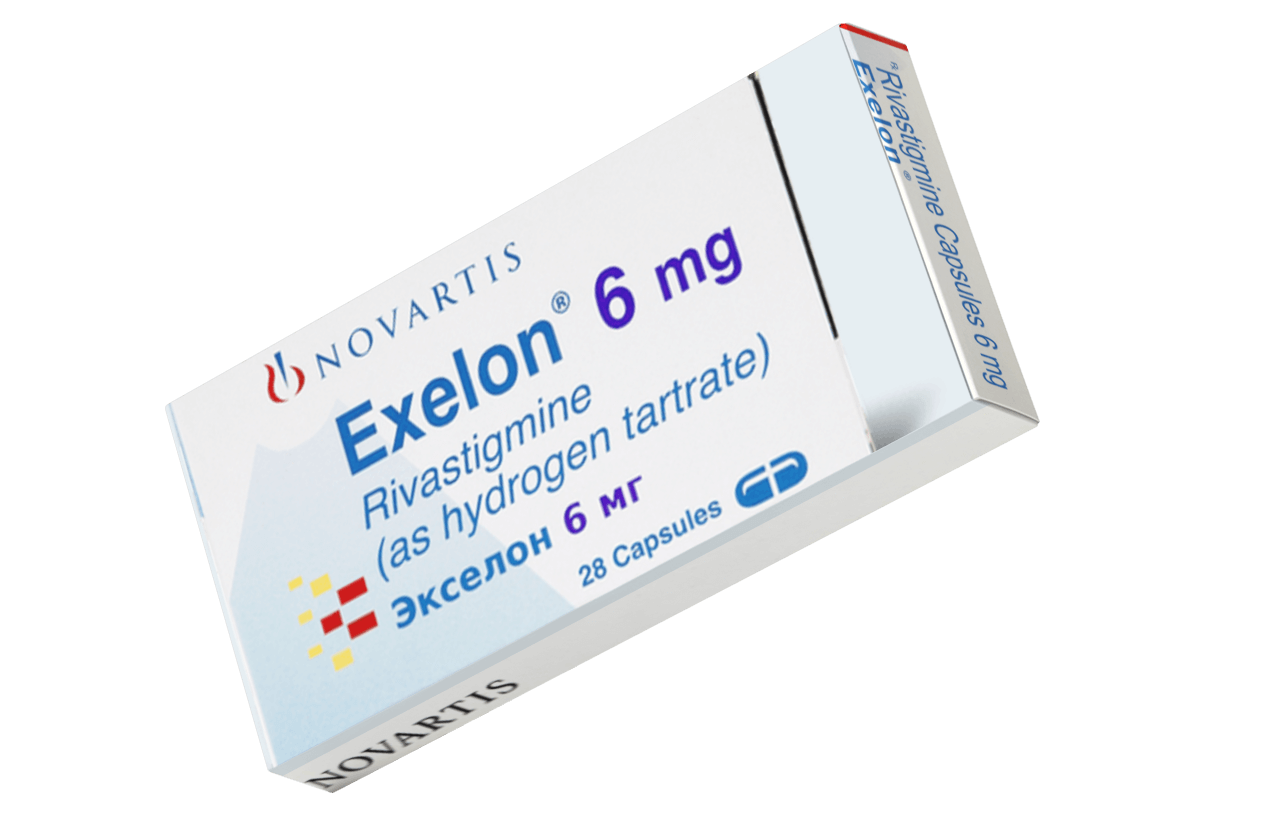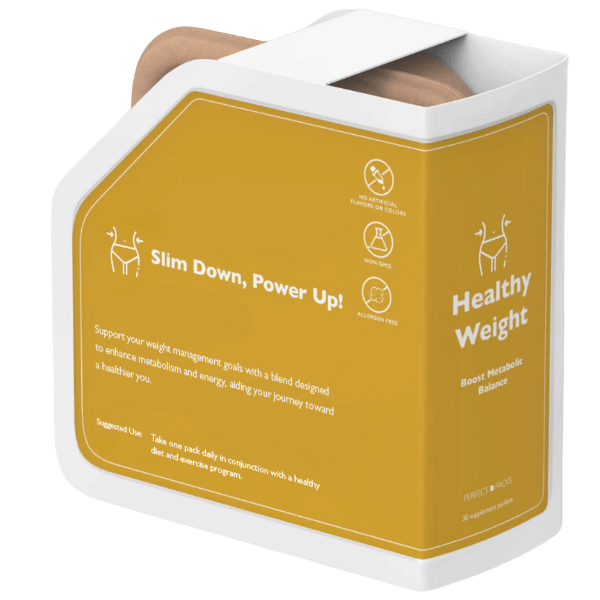Exelon (generic name: rivastigmine) is a medication used to treat mild to moderate dementia associated with Alzheimer’s Disease and Parkinson’s disease. Rivastigmine works by inhibiting the breakdown of acetylcholine, a neurotransmitter that plays a crucial role in memory and cognitive function. By preventing the degradation of acetylcholine, rivastigmine helps improve communication between nerve cells in the brain, which can help manage symptoms of dementia such as memory loss, confusion, and difficulty with thinking and reasoning.
Exelon is available in both oral and transdermal patch forms, offering flexibility in administration. The medication is not a cure for dementia, but it can help slow the progression of symptoms and improve the quality of life for those affected by these conditions.
Read more about dementia and its treatment options
here and in our
blog.
Dosage
The usual starting dose of Exelon for oral administration is 1.5 mg twice daily, which may be gradually increased based on the patient’s tolerance and response. The transdermal patch is typically started at 4.6 mg every 24 hours, with potential increases as needed. The prescribing healthcare provider will determine the appropriate form and dose.
Storage
Store Exelon at room temperature, between 20°C and 25°C (68°F and 77°F). If using the transdermal patch, store it in its original packaging until ready to use, away from heat and moisture. Keep all forms of Exelon out of the reach of children.
FAQ
How long does it take for Exelon to show effects?
It may take several weeks to notice an improvement in cognitive function, and the full benefits may take months to become apparent.
Can Exelon be stopped suddenly?
Exelon should not be stopped abruptly, as it may cause a sudden worsening of dementia symptoms. If discontinuation is necessary, the dose should be tapered under medical supervision.
Can Exelon patches be worn during bathing?
Yes, Exelon patches are designed to be water-resistant and can be worn while bathing or showering. However, they should not be exposed to excessive heat, such as in saunas.
This text is for informational purposes only. Please consult a doctor or pharmacist before using any medication.
Read the information leaflet that comes with the medication.
Most people who use Exelon do not experience any adverse side effects. Doctors prescribe this medication because they assess the benefits of such treatment outweigh any likely unwanted effects.
Some of the side effects that have been reported include:
- Nausea
- Vomiting
- Diarrhea
- Loss of appetite
- Dizziness
Not all side effects are listed here. If these or other unlisted symptoms persist or worsen, consult a healthcare provider or pharmacist.
Exelon is FDA-approved for the treatment of:
- Mild to moderate Alzheimer’s Disease-related dementia. Alzheimer’s disease is a progressive brain disorder that leads to memory loss, confusion, difficulty in communication, and changes in behavior. Symptoms of dementia include difficulty remembering recent events, disorientation, mood swings, and impaired reasoning. As the disease progresses, these symptoms worsen and significantly impair daily functioning.
- Mild to moderate Parkinson’s Disease-related dementia. Parkinson’s disease is a neurodegenerative disorder that primarily affects movement and is marked by symptoms such as memory problems slowed thinking, confusion, and difficulty with complex tasks. These cognitive symptoms can develop in the later stages of Parkinson’s disease, compounding the physical symptoms like tremors, stiffness, and bradykinesia (slowness of movement).
Although not FDA-approved for severe cases, Rivastigmine may be prescribed off-label to manage more advanced dementia symptoms, including significant memory loss, severe confusion, and the inability to perform daily activities without assistance.














